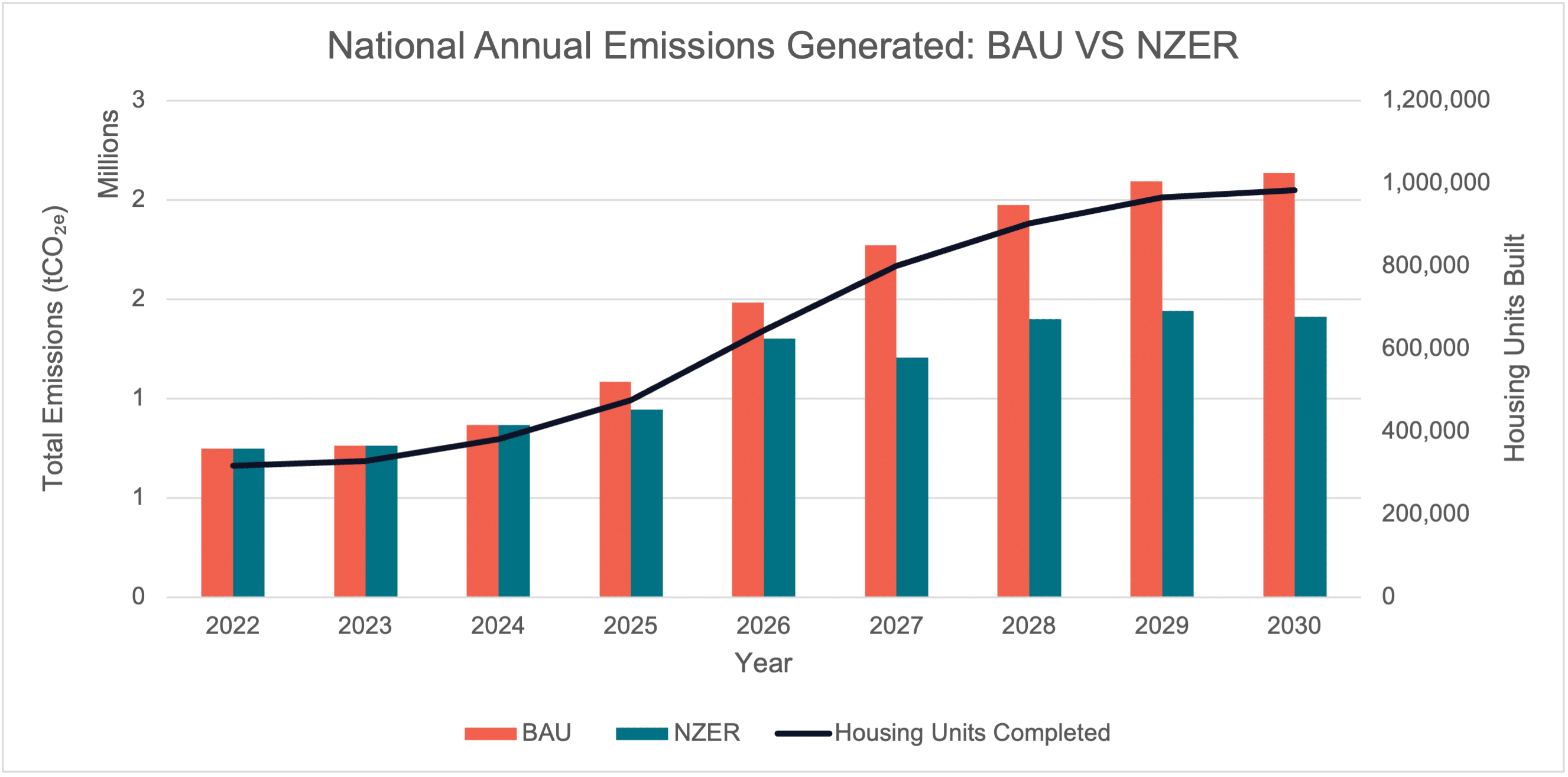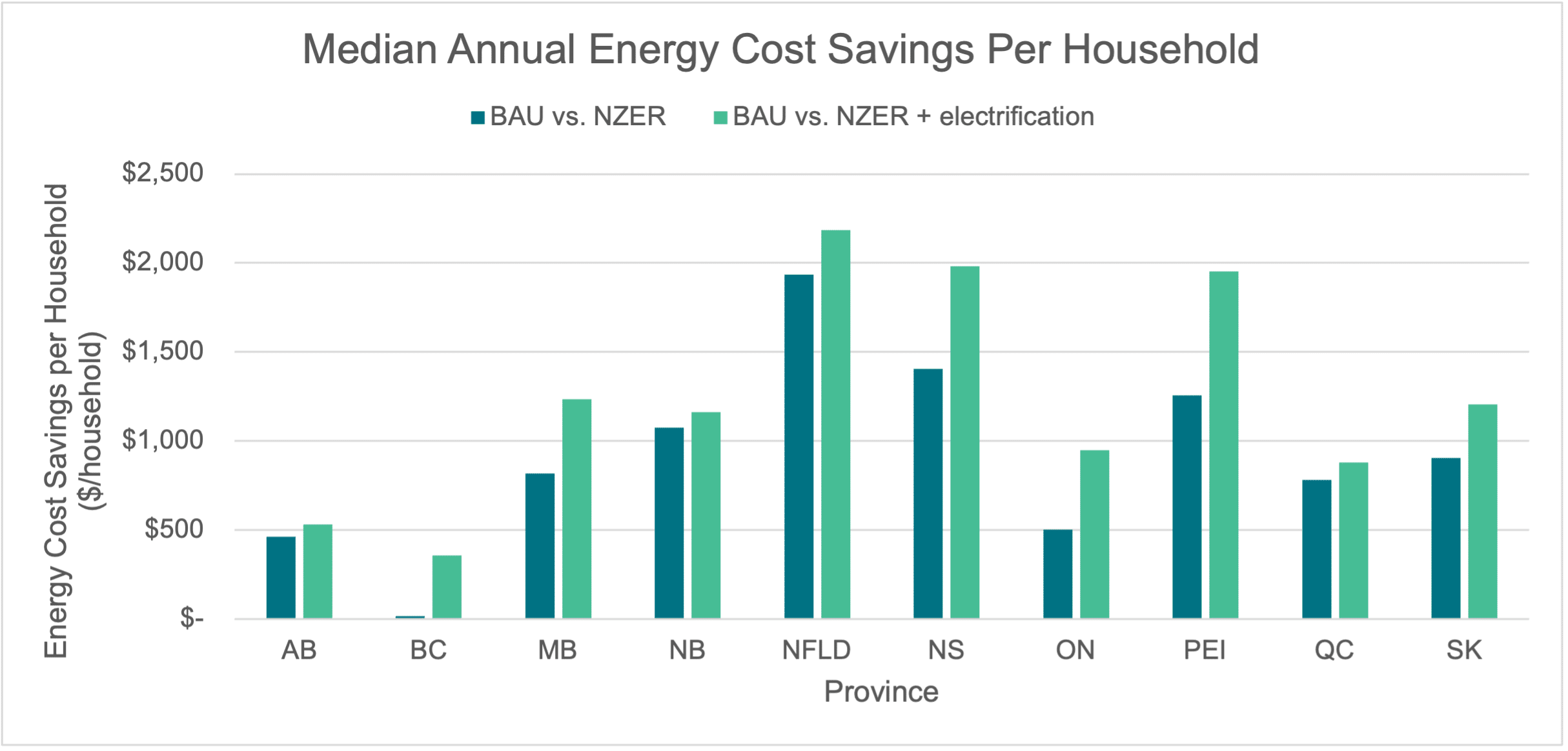About the report
Technological innovation and industrialization in the construction sector can address challenges and accelerate the delivery of affordable, high-quality, and climate-neutral housing through the adoption of innovative construction techniques including prefabricated building components, mass timber, low-carbon energy systems, and advanced digital tools.
Policy must be linked with technological innovation to achieve cohesive progress, especially in areas such as standardization, building codes, and the retrofit sector. This report offers policy recommendations for federal, provincial, and local governments aimed at fostering meaningful and sustainable advancements in new housing construction.
For each innovative technology group, we explore their potential to enhance energy efficiency and reduce the environmental impact of new housing, as well as the role of policy in driving these changes.
Authors

Kevin Lockhart
Director of Buildings Research

Brendan Haley
Sr. Director of Policy Strategy
Key report findings
To address affordability concerns, Canada must build 3.5M more new homes by 2030 than would otherwise be built, assuming current trends.
The construction sector faces several headwinds, including labour force constraints, rising costs and long lead times in production, low productivity and low investment in new technologies.
A single innovation will not be enough to scale up new housing construction and orient it toward Canada’s climate goals–a coordinated, multi-pronged policy approach is needed.
All levels of government in Canada have tools at their disposal to help create and nurture innovation in new housing construction in the pursuit of policy goals.
Canada cannot afford to miss the opportunity to build new housing that is energy efficient and minimizes environmental impact.
Given the long lifetime of a typical new house, missing this one-time opportunity will make Canada’s national emission reduction targets even more challenging to meet.
Additional resources



